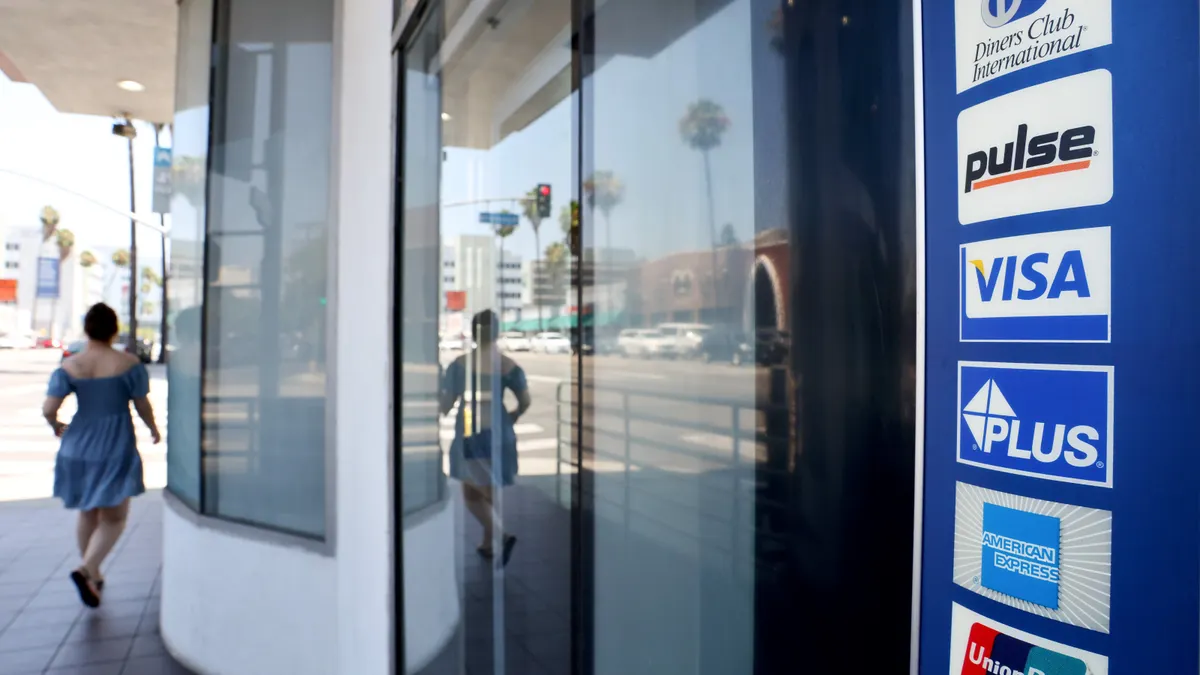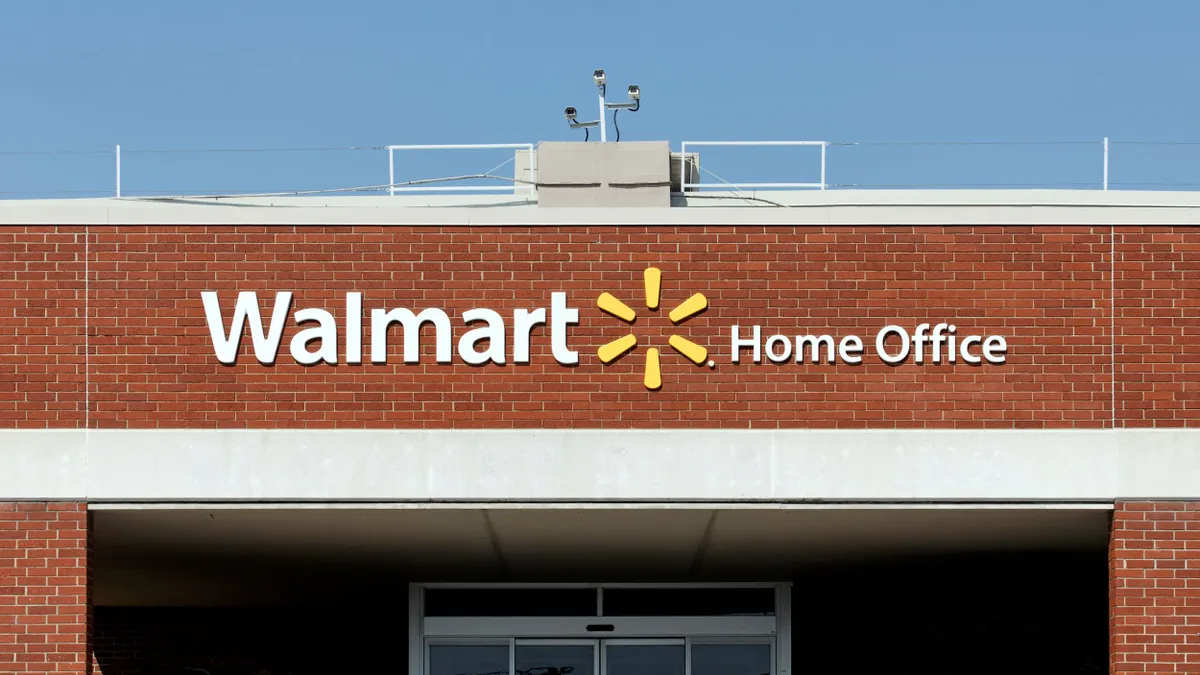Card issuers Bread Financial and Synchrony Financial are exploring boosting interest rates, imposing fees and renegotiating contracts with merchants to offset a forthcoming cap on late fees.
The two companies, which issue private label credit cards, are among those likely to feel the biggest impact from the rule proposed by the Consumer Financial Protection Bureau in February.
The CFPB has proposed amending the Credit Card Accountability Responsibility and Disclosure Act, also known as the CARD Act of 2009, to effectively cap credit card late fees at $8 per payment, and ban those fees from being over 25% of the minimum payment.
The final rule had been expected to land this quarter, but “most market participants believe that it may not happen until fairly early next year,” said Goldman Sachs Analyst Ryan Nash in an interview.
The CFPB declined to comment on whether it plans to issue the final rule before the end of the year. Sen. Elizabeth Warren, D-Mass., last month urged the CFPB to finalize the rule “as quickly as possible.”
Executives at issuers such as Synchrony and Bread have said late fees should be a deterrent, prompting customers to make payments on time, and $8 is not enough of a deterrent. Banks and bank trade groups pushed back hard on the proposal, and once the rule is finalized, “there certainly is going to be litigation across the industry,” Nash said.
Stamford, Connecticut-based Synchrony and Columbus, Ohio-based Bread tend to serve subprime customers who more often make late payments, meaning the cap could have a significant impact on their businesses. Because the late fee income makes up a more significant portion of their overall revenue, Synchrony and Bread have had to consider how they can recoup costs elsewhere.
During last week’s appearance at a Goldman Sachs investor conference, Bread executives expressed a desire for the CFPB to issue the final rule. “I want that shoe to drop so we can start mitigating that issue,” Bread CEO Ralph Andretta said Dec. 6 during the Goldman Sachs U.S. Financial Services Conference.
Raising interest rates on its credit cards is a top offset for Bread, which surveyed cardholders to gauge consumer reception to the price levers it’s considered, Bread Chief Commercial Officer Valerie Greer said during the conference.
Bread has some interest rates above 30% in the market already, and has been tracking potential impact to sales and accounts, Greer said. Bread counts automotive organization AAA and beauty retailer Ulta among its brand partners.
The company is also considering introductory promotional fees and maintenance fees. Additionally, Bread is working with its brand partners to refine retailer share agreements. Greer noted the vast majority of those agreements include a change in law provision that allows for adjustments.
Still, until the company sees the final rule, “you can’t land the plane on how some of those levers are going to work together,” Greer said.
Synchrony, which works with brands such as Lowe’s and Sam’s Club, has considered a number of different mitigants and the relative impacts of those, said Synchrony CFO Brian Wenzel. “Obviously, this is going to be a large-scale repricing, not only for our business, but for the industry,” he said Dec. 5 during the Goldman conference.
Executives didn’t elaborate during that appearance, but CEO Brian Doubles had said in July that the company was considering higher interest rates, different types of fees and penalty pricing, and adjusting underwriting.
Based on Synchrony’s data and portfolio, “customers we approve today, we wouldn’t be able to with an $8 late fee,” Doubles said Dec. 5. Synchrony’s partners “don’t want to lose those customers, and neither do we. So our goal has always been to protect our partners and approve largely the same customers as we do today.”
Across the vast majority of the business, “we have pricing actions agreed, we’re ready to go when we see the final rule,” Doubles said.
The company’s goal is to get back to the same level of return and the same level of sales, Wenzel said. “That’s going to vary a little bit, partner by partner,” and “it will look a little bit different, probably,” on the income statement, he said.
Raising interest rates is the most probable way to offset lower late fees, Nash said.
A “big wild card” is how effectively issuers will be able to renegotiate agreements with their merchant partners, he noted. Some issuers have said, “we've presented all these options to merchants and tell them, ‘If you want to still get your share of the pie, this is what we need to do, so do tell us and we will do that,’” Nash said.
It’s a bigger issue for Bread than for Synchrony, which has more diversity in its product set, Nash said. “It feels like Synchrony is leaning a little bit more heavily into the partners to help them find mitigants, and if not, it’s going to come out of the partners’ economics, versus it feels like Bread is more about the mitigation efforts,” Nash said.
Most issuers have said they think it’ll take about three years to recover the lion’s share of the economics, including loan balances, Nash said. “It’s going to take time to recapture,” he said.



















